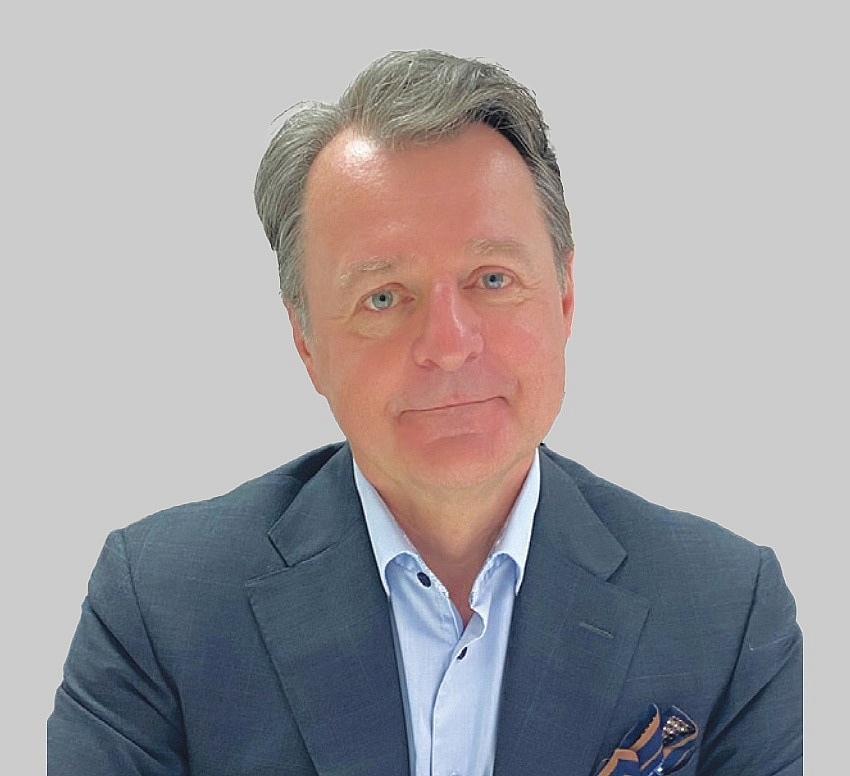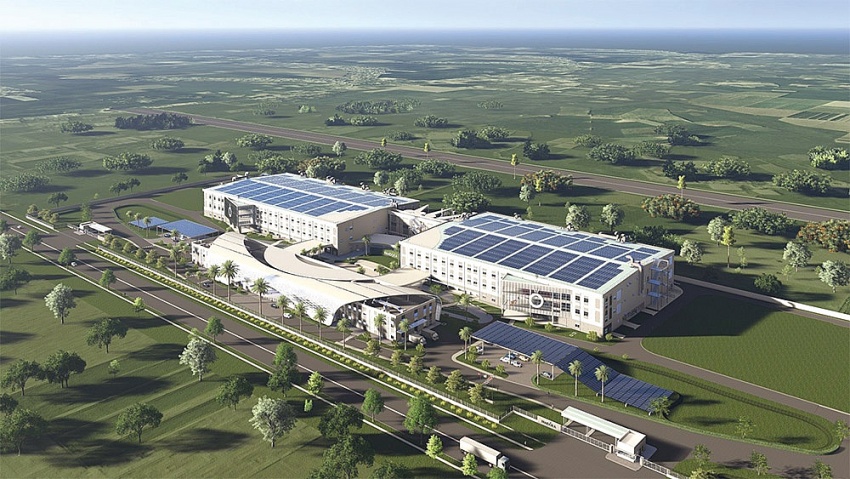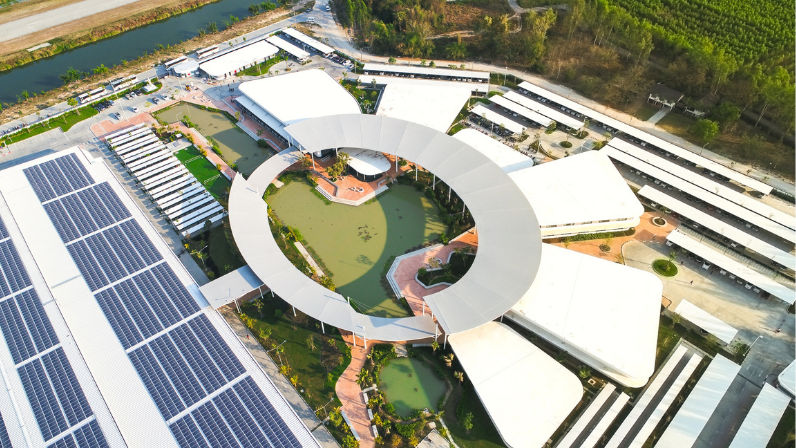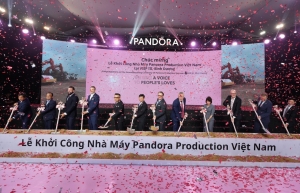Domestic suppliers will be key part of Pandora’s progression
Why did you ultimately choose Vietnam and Binh Duong province for this factory?
Pandora plans to build a factory in Vietnam to diversify production and mitigate risks in Thailand. We carry out the long-range financial plan, and then we predict the kind of business requirements for the future. It became quite obvious that we would at one point run out of capacity in the existing locations in Thailand.
 |
| Pandora CEO and president Alexander Lacik |
From a business continuity standpoint, in case something happens within Thailand, we didn’t really have a backup, because we produce such large volumes that we felt just relying on external parties would have a potentially severe impact on the financial results of the company.
The building of a large factory here is driven both by long-range need, but also as a kind of insurance policy in the case of unforeseen circumstances elsewhere.
We looked in 27 countries and covered 13 different criteria, and created a ranking system. Eventually, we realised the top options were either to build another factory in Thailand, or do so in Vietnam. We felt maybe that we needed to have a little bit more geographic diversification, so that was the reason we leaned towards Vietnam.
Other criteria for choosing Vietnam were access to skilled labour. Vietnam has a long tradition of craftsmanship, which is incredibly important in the types of products that we make. Another reason was that we wanted to work with Vietnamese government and authorities that provide a corporate-friendly environment.
Also, from a sustainability standpoint, it’s essential for us that we’re on a pathway to become a net-zero business by 2040. So, we also wanted to work in an environment where the government supports this type of effort, and we can have access to renewable energy and all sorts of other things that come into that space.
This factory will be built following LEED Gold standards and powered by 100 per cent renewable energy. How does this work, and how will it contribute to the sustainable production of the factory?
Vietnam offers a promising location for the company’s new factory due to its commitment to sustainable development and energy conservation.
We will build the factory in Vietnam at the same standard as the factory in Thailand, with LEED Gold certification. We know that the Vietnamese government is determined to hit net-zero and has a great policy in terms of sustainability.
Our company integrates sustainability into the project in all steps, from design and construction to operation. Our factory will run on 100 per cent renewable energy, we have very high waste recycling rates, and other environmental aspects will ensure we are as sustainable as possible.
 |
Pandora makes hand-finished jewellery with high-quality materials. How will the management of material sources be carried out here?
We have shifted to sourcing 100 per cent recycled silver and gold. We have two main refiners that we source the silver from, which are both based in Europe.
We also have a responsible sourcing programme and supplier ecosystem in Thailand, and we are aiming to build a similar network here in Vietnam.
What is the make-up of your network to export products outside Vietnam?
Binh Duong province has advantages as a production location, due to its access to good infrastructure and an international airport. Jewellery is quite small so can be easily transported via air freight.
We have three main distribution centres including one in Bangkok, one in Europe, and one in North America. Normally, we air freight into those locations.
In addition, we also have sub-distribution centres, for example for e-commerce.
What is your position on the quality and quantity of the local labour force, and how will you plan to recruit and train for production in Vietnam?
There are a lot of good craftspeople here. On top of that, we will also bring in experienced people from elsewhere to train and lift the skill level of local labour.
If you go back 10 years in Pandora’s history, we were a quite basic company, but at present we have carried out a massive digital transformation.
We’re moving from being quite basic in our digitalisation to now being reasonably advanced. We’re not the most advanced because it is simply not required in what we do, but we’re ahead of the curve, at least from a competitive standpoint.
Of course, that’s going to be brought into the Vietnam facility, where we will try to push the envelope in terms of digitalisation even more.
We take the opportunity when we open up a new facility like this to bring in new technologies.
Vietnam is very strong in terms of innovation, and we want to bring digitalisation into our manufacturing and also more automation for the facility here.
 | Pandora to break ground on its $150 million factory in Binh Duong Danish jewellery maker Pandora will break ground on its $150 million factory inthe southern province of Binh Duong on May 16, according to the Danish Embassy in Hanoi. |
 | Pandora breaks ground on $150 million factory in Binh Duong province Danish jewellery maker Pandora started construction of a $150 million factory in the southern province of Binh Duong province on May 16. |
What the stars mean:
★ Poor ★ ★ Promising ★★★ Good ★★★★ Very good ★★★★★ Exceptional
Related Contents
Latest News
More News
- SK Innovation-led consortium wins $2.3 billion LNG project in Nghe An (February 25, 2026 | 07:56)
- THACO opens $70 million manufacturing complex in Danang (February 25, 2026 | 07:54)
- Phu Quoc International Airport expansion approved to meet rising demand (February 24, 2026 | 10:00)
- Bac Giang International Logistics Centre faces land clearance barrier (February 24, 2026 | 08:00)
- Bright prospects abound in European investment (February 19, 2026 | 20:27)
- Internal strengths attest to commitment to progress (February 19, 2026 | 20:13)
- Vietnam, New Zealand seek level-up in ties (February 19, 2026 | 18:06)
- Untapped potential in relations with Indonesia (February 19, 2026 | 17:56)
- German strengths match Vietnamese aspirations (February 19, 2026 | 17:40)
- Kim Long Motor and AOJ Suzhou enter strategic partnership (February 16, 2026 | 13:27)

 Tag:
Tag:



















 Mobile Version
Mobile Version